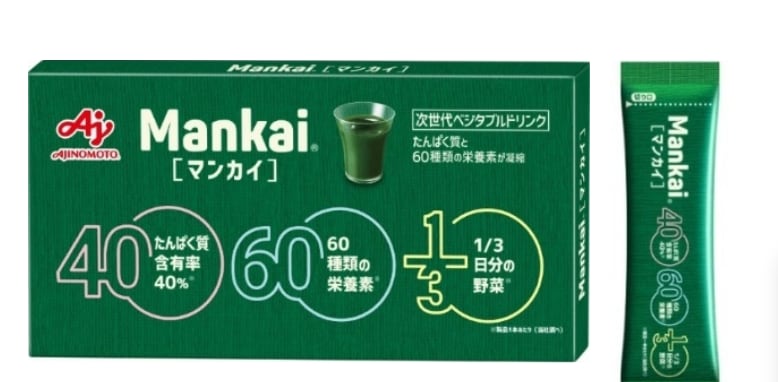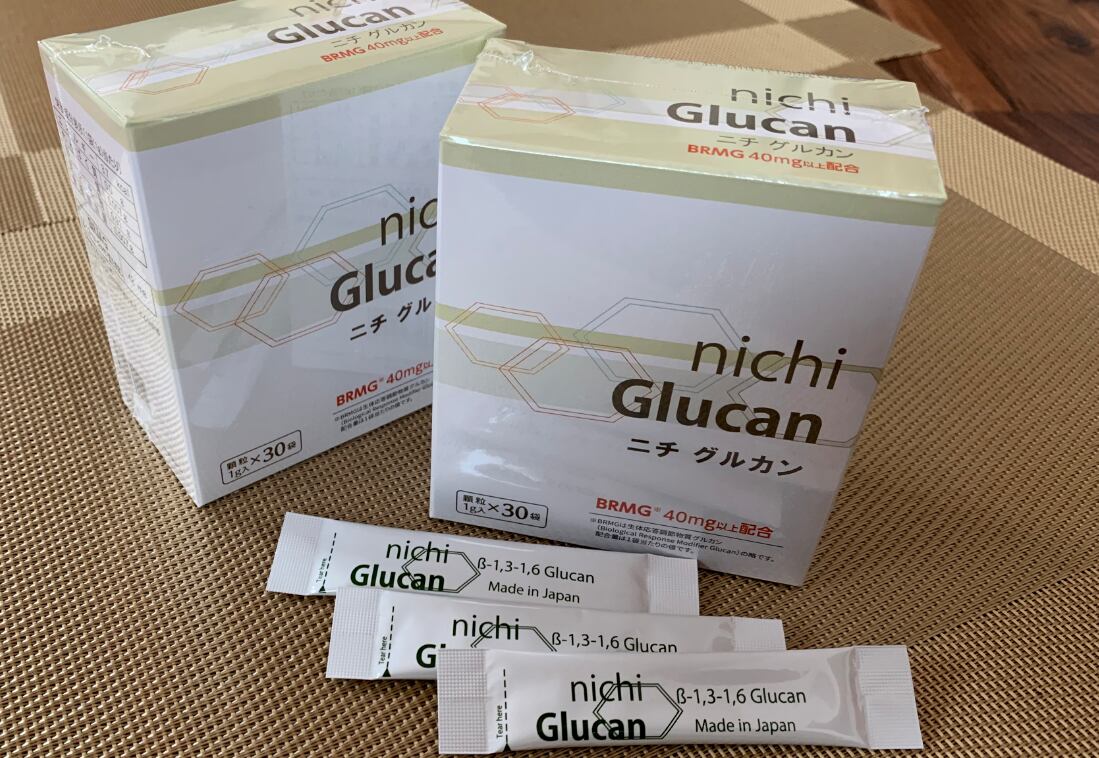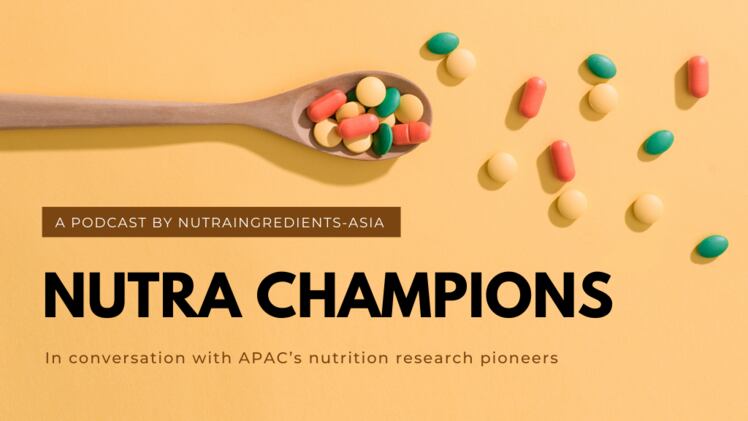Hinoman grows a high protein strain of duckweed, branded as Mankai. Duckweed is the smallest leafy vegetable in the world, and is the only plant source that is a complete protein, containing all nine essential amino acids.
In 2017, Ajinomoto invested US$15 million in Hinoman, and also acquired exclusive sales rights for Mankai in Japan.
The Mankai functional powder was a result of this partnership, and is now sold nationwide in Japan.
Functional powder
In Japan, vegetable-based functional foods are not uncommon, with products such as FANCL’s kale drink, Kyusai’s (Q’sai) kale supplement, Ito En’s green juice powder, and AFC’s chlorella supplement.
On the other hand, duckweed is a less widely used ingredient, but is gradually gaining attention for its ideal nutrition profile.
Hinoman’s Mankai ingredient contains more than 60 nutrients including iron, magnesium, folic acid, vitamin B12, omega-3, amino acids, polyphenols and dietary fiber.
Mankai has been studied in several human and animal models. In a randomised controlled human trial, people who drank a shake containing Mankai for two weeks showed lower glucose rise immediately after eating and lower morning fasting glucose levels, compared to those who drank a yoghurt shake.
According to Masami Kaneko, direct marketing manager at Ajinomoto, Mankai’s amino acid composition is close to that of eggs.
Combined with its higher protein digestibility compared to soy flour, pea and lentils, it makes Mankai a good substitute for animal protein and an ideal plant-based source.
Each sachet of Ajinomoto’s functional powder is said to contribute one-third of the daily recommended vegetable intake which is equivalent to about 117g of the 350g target recommended by the Ministry of Health, Labor and Welfare of Japan.
Ajinomoto recommends taking one to three sachets a day, which can be dissolved in water or milk.
According to Kaneko, this product is targeted at vegetarian or vegans, consumers who are conscious of the environmental impact of their foods, and those who are concerned about the lack of vegetables and protein in their diet.
Growing Mankai
As part of the partnership, Hinoman will supply Ajinomoto with Mankai to produce its functional powders, future finished products, and for the B2B food ingredient business as well.
In Israel, Hinoman grows Mankai using a novel proprietary technology.
It is grown indoors in a closely-controlled greenhouse without the use of herbicides, pesticides or fungicides in a hydroponics system.
The entire process consumes minimal water and energy, and can be cultivated in a short period of time as fast as three days, so it has less impact on the environment and can be produced efficiently.
Upon harvest, 100% of the plant is used, which eliminates waste.
Lately, Ajinomoto also launched a brain health supplement containing seven essential amino acids said to support cognitive function.




